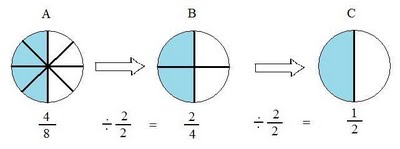Staying simple
 A few months ago, I wrote a post about my personal development as a counter-piece of anecdotal evidence to those examples suggesting poorly supported complexity and expense to achieve a body transformation.
A few months ago, I wrote a post about my personal development as a counter-piece of anecdotal evidence to those examples suggesting poorly supported complexity and expense to achieve a body transformation.
Anecdotal evidence is considered the lowest quality of evidence upon which to base decisions. It is highly susceptible to sampling bias (most people who don’t get the outcome they want don’t tend to tell their story), selection bias (I get to pick the best pictures), recall bias (most people aren’t that great at keeping research-level records of all the factors contributing to their story), as well as out-and-out dishonesty; but when it comes to individuals making decisions, it also seems to be one of the most powerful and potentially driving pieces of evidence. It is something that I think I would like to study in the future (collaborators welcome!), but as an idle musing, I think anecdotes are so powerful because they are generally quite personal, and very accessible. Anyone can read a story. There aren’t really any statistics that require courses or books to decipher. And when it comes to basing a decision on an anecdote, there aren’t any right or wrong answers. You can decide to use an anecdote because you think it fits your circumstance or not; either way, you’re right because there are so many ways in which an anecdote can fit, or not fit your situation. Read More...
Anecdotal Evidence-Based Fitness
At some point in every fitness-writer/blogger’s lifespan, there comes a point where the rubber has to meet the road. We write about fitness and nutrition and body-image, but I’m sure there are many bloggers who can (and I apologize for the use of two cliches in two sentences) talk the talk, but can’t, don’t or won’t walk the walk.
And at some point in every fitness-writer/blogger’s lifespan, there has to be come form of accountability for what he or she writes. A proponent of supplement X should probably be using supplement X and not just writing in favour of it to get paid if they really think it works. A writer who believes in workout A enough to rave about it should probably be able to show that it works at least for themselves. It’s of little value to say, “X totally works and everyone should be using X, but I don’t.” Read More...
